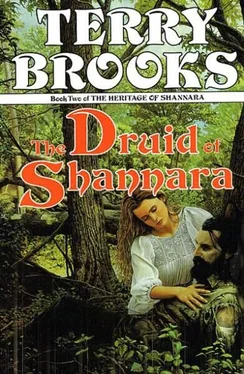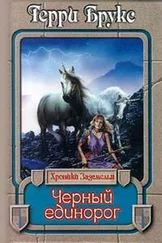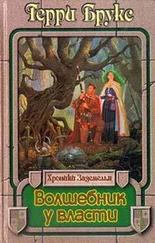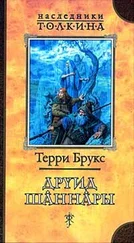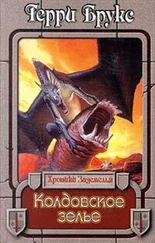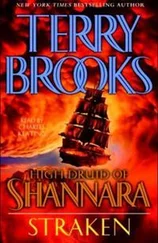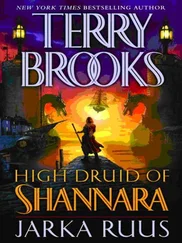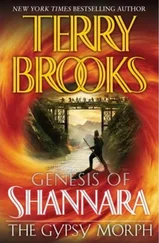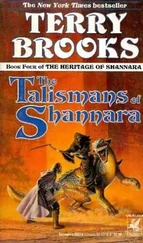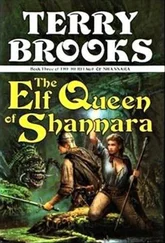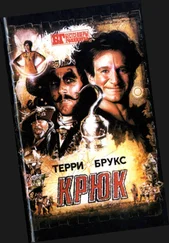Carisman sat down. “I have to sing to get them to do anything,” he confided. “It is so tedious sometimes.”
“What are you doing here anyway?” Horner Dees asked bluntly. “Where did you come from?”
“Ah,” Carisman said with a sigh.
He sang:
“There was a young tunesmith from Rampling,
Who felt it was time to take wing.
He decided to hike,
North into the Spikes,
To the Urdas, who made him their king!”
He grimaced. “Not very original, I’m afraid. Let me try again.” He sang:
“Come hither, my fellows, and lady, come nigh.
There are worlds to discover more’n what meets the eye.
Far reaches to travel and people to see.
Wonders to gaze on and lives for to lead.
A million adventures to try.
Come hither, my fellows, and lady, come nigh,
A tunesmith’s a man who must sing for to fly.
He searches the byways for songs telling truth,
Seeks out hidden meanings and offers of proof,
Of the reasons for being alive.
Come hither, my fellows, and lady, come nigh,
For life’s to be found in the rivers and skies.
In the forests and mountains that lie far away.
In the creatures that frolic and gambol and play,
And beg me my songs to apply.”
“Considerably better, don’t you think?” he asked them, blue eyes darting from one face to the next, anxiously seeking their approval.
“A tunesmith, are you?” Dees grunted. “From Rampling Steep?”
“Well, by way of Rampling Steep. I was there a day or so once several years back.” Carisman looked sheepish. “The rhyme works, so I use it.” He brightened. “But a tunesmith, yes. All my life. I have the gift of song and the wit to make use of it. I have talent.”
“But why are you here, Carisman?” Quickening pressed.
Carisman seemed to melt. “Lady, chance has brought me to this place and time and even to you. I have traveled the better part of the Four Lands, searching out the songs that would give wings to my music. There is a restlessness in me that will not let me stay in any one place for very long. I have had my chances to do so, and even ladies who wished to keep me—though none was a beautiful as you. But I keep moving. I wandered first west, then east, and finally north. I passed through Rampling Steep and found myself wondering what lay beyond. Finally I set out across the mountains to see.”
“And survived?” Horner Dees asked incredulously.
“Just barely. I have a sense of things; it comes from my music, I think. I was well provisioned, for I had traveled in rough country before. I found my way by listening to my heart. I had the good fortune of encountering favorable weather. When I was finally across—exhausted and close to starving, I admit—I was found by the Urdas. Not knowing what else to do, I sang for them. They were enchanted by my music and they made me their king.”
“Enchanted by limericks and snippets of rhyme?” Dees refused to let go of his skepticism. “A bold claim, Carisman.”
Carisman grinned boyishly. “Oh, I don’t claim to be a better man than any other.”
He sang:
“No matter how high or lofty the throne,
What sits on it is the same as your own.”
He brushed the matter aside. “Eat now, you must be very hungry after your journey. There is as much food and drink as you want. And tell me what brings you here. No one from the Southland ever comes this far north—not even the trappers. I never see anyone except Trolls and Gnomes. What brings you?”
Quickening told him that they were on a quest, that they had come in search of a talisman. It was more than Morgan would have revealed, but it seemed to matter little to Carisman, who did not even bother asking what the talisman was or why they needed it but only wanted to know if Quickening could teach him any new songs. Carisman was quick and bright, yet his focus was quixotic and narrow. He was like a child, inquisitive and distracted and full of the wonder of things. He seemed to genuinely need approval. Quickening was the most responsive, so he concentrated his attention on her and included the others in his conversation mostly by implication. Morgan listened disinterestedly as he ate, then noticed that Walker wasn’t listening at all, that he was studying the Urdas below the platform. Morgan began studying them as well. After a time he saw that they were seated in carefully defined groups, and that the foremost group consisted of a mixed gathering of old and young men to whom all the others deferred. Chiefs, thought Morgan at once. They were talking intently among themselves, glancing now and then at the six seated on the platform, but otherwise ignoring them. Something was being decided, without Carisman.
Morgan grew nervous.
The meal ended and the empty plates were carried away. There was a sustained clapping from the Urdas, and Carisman rose to his feet with a sigh. He sang once more, but this time the song was different. This time it was studied and intricate, a finely wrought piece of music filled with nuances and subtleties that transcended the tune. Carisman’s voice filled the lodge, it soared and swept aside everything that separated it from the senses, reaching down through the body to embrace and cradle the heart. Morgan was astounded. He had never been so affected—not even by the music of the wishsong. Par Ohmsford could capture your feeling for and sense of history in his song, but Carisman could capture your soul.
When the tunesmith was finished, there was utter silence. Slowly he sat down again, momentarily lost in himself, still caught up in what he had sung. Then the Urdas began thumping their hands on their knees approvingly.
Quickening said, “That was beautiful, Carisman.”
“Thank you, Lady,” he replied, sheepish again. “I have a talent for more than limericks, you see.”
The silver-haired girl looked suddenly at Walker. “Did you find it beautiful, Walker Boh?”
The pale face inclined in thought. “It makes me wonder why someone who possesses such abilities chooses to share them with so few.” The dark eyes fixed Carisman.
The tunesmith squirmed uncomfortably. “Well.” The words suddenly would not seem to come.
“Especially since you said yourself that there is a restlessness in you that will not allow you to stay in one place. Yet you stay here among the Urdas.”
Carisman looked down at his hands.
“They will not let you leave, will they?” Walker said quietly.
Carisman looked as if he would sink into the earth. “No,” he admitted reluctantly. “For all that I am, a king notwithstanding, I remain a captive. I am allowed to be king only so long as I sing my songs. The Urdas keep me because they believe my song is magic”
“And so it is,” Quickening murmured so softly that only Morgan, seated next to her, heard.
“What about us?” Dees demanded sharply. He shifted his bulk menacingly. “Are we captives as well? Have you brought us here as guests or prisoners, King Carisman? Or do you even have a say in the matter?”
“Oh, no!” the tunesmith exclaimed, clearly distraught. “I mean, yes, I have a say in the matter. And, no, you are not prisoners. I need only speak with the council, those men gathered there below us.” He pointed to the group that Walker and Morgan had been observing earlier. Then he hesitated as he caught the black look on Pe Ell’s face and came hurriedly to his feet. “I shall speak to them at once. If need be, I shall sing. A special song. You shall not remain here any longer than you wish, I promise. Lady, believe me, please. Friends.”
He rushed from the platform and knelt next to the members of the Urda council, addressing them earnestly. The five who waited to discover whether they were guests or prisoners looked at one another.
Читать дальше
